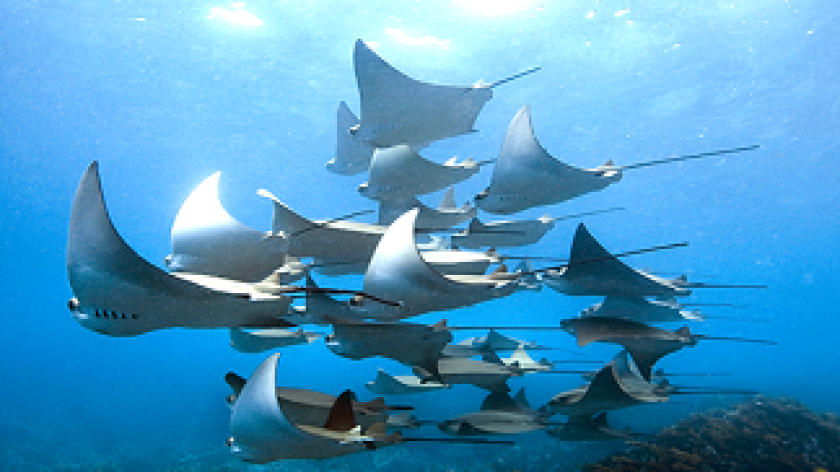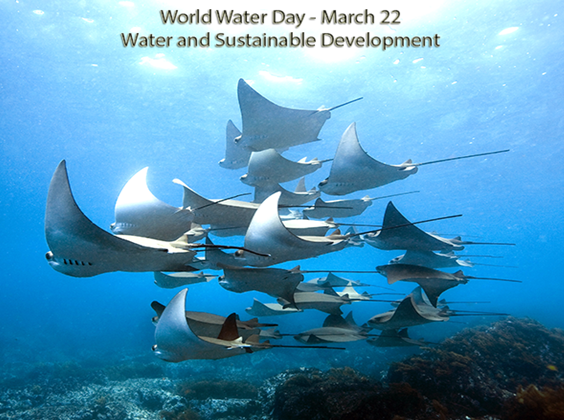

March 22 marks the celebration of World Water Day. UN Water is calling for a “Day for Water and Water for Sustainable Development” http://www.unwater.org/worldwaterday/ . 2015 marks a turning point for water and sustainable development in several ways with two key events at the center of the world’s attention: (i) the agreement on the Sustainable Development Goals (SDGs) and the world agreeing upon a new global development framework requiring universal action from governments, private sector and citizens alike; and (ii) high expectations on the pivotal climate COP in Paris. At the same time, the World Economic Forum has identified water as the #1 risk in its 2015 Global Risk report.
This year is therefore pivotal – together we can make water a global priority
We know that the SDGs are not isolated and we need to analyze these interdependencies and possible trade-offs to achieve a sustainable development path. Fragmented, sectoral approaches could risk delivery on one sector goal or target with negative impacts on another. Addressing these interlinked issues in an integrated way can generate multiple benefits more effectively. Together with a range of partners for example, the GEF just announced a new partnership to bring integrated solutions to development.
Energy, food, water and ecosystems security issues are inseparable and essential contributors to social progress and human wellbeing. Water runs across all these dimensions: With increasing energy and food demands, water demands are expected to increase by 50 percent, with 40 percent of the world’s population living under severe water stress by 2050. Groundwater resources – the invisible resource - are especially at risk from overexploitation. At the same time our oceans are under increasing pressures from pollution, marine debris, coastal degradation, and severe overfishing.
While energy and food are commodities that can be created in various ways and forms Water is Life – nothing can be sustained without it.
World population is projected to increase by 1 billion people by 2030, and two thirds of those will be living in cities. Thus urbanization puts increased pressure on energy, water, and food resources and the associated ecosystems. Increasing climate variability and change - perhaps the most daunting challenge of our time - aggravating these pressures.
While some say that water will become the currency of the future we at the GEF believe this future is already upon us. For this reason, action must be taken in all sectors to incorporate water resource sustainability into policies and investments.
The GEF International Waters area has helped countries work together to secure a wide range of economic, political, and environmental benefits from shared surface water, groundwater, and marine systems. These actions improve the food, water, and health security of communities, while sustaining goods and services from the water and related land environment. They also promote regional integration, economic development, and stability among cooperating states.